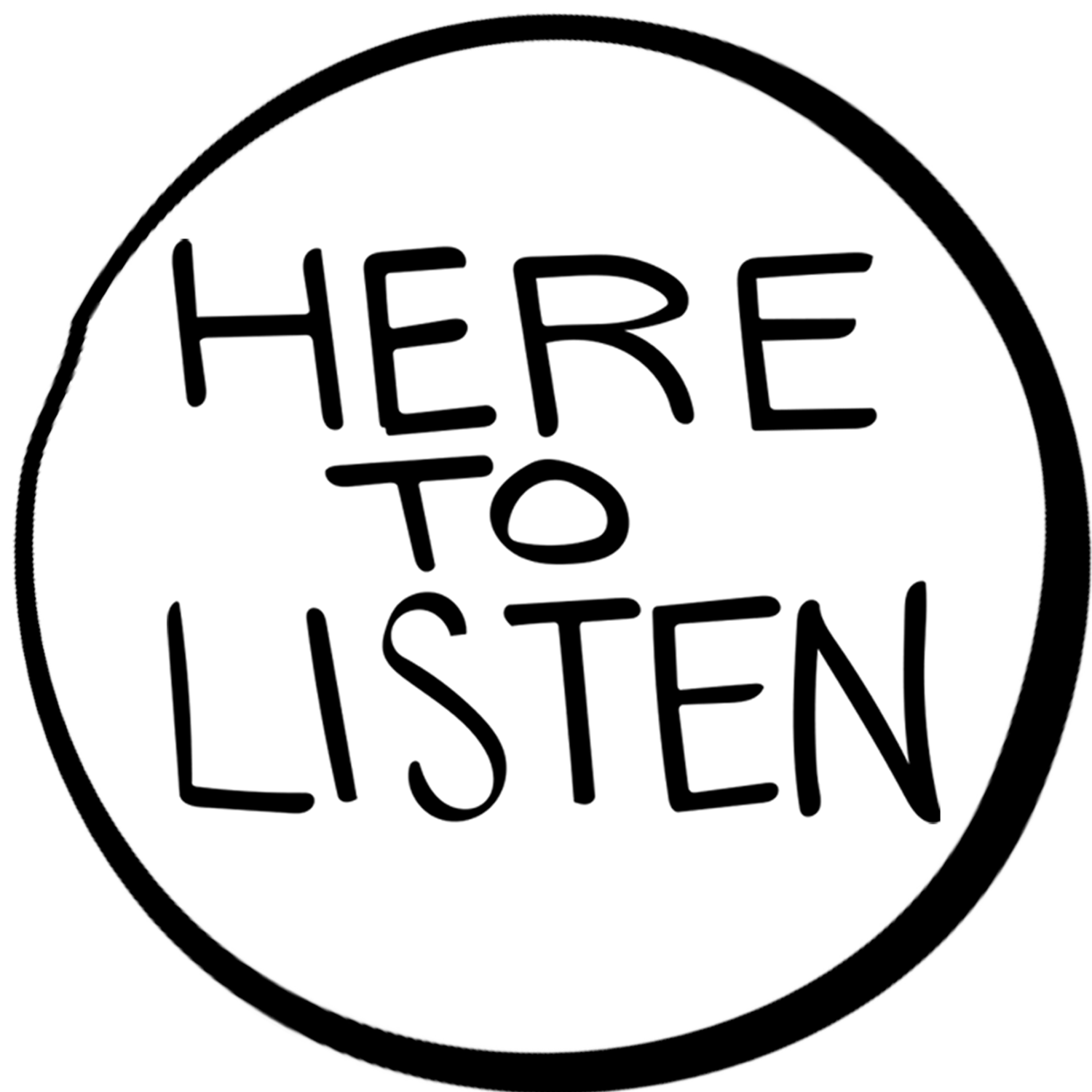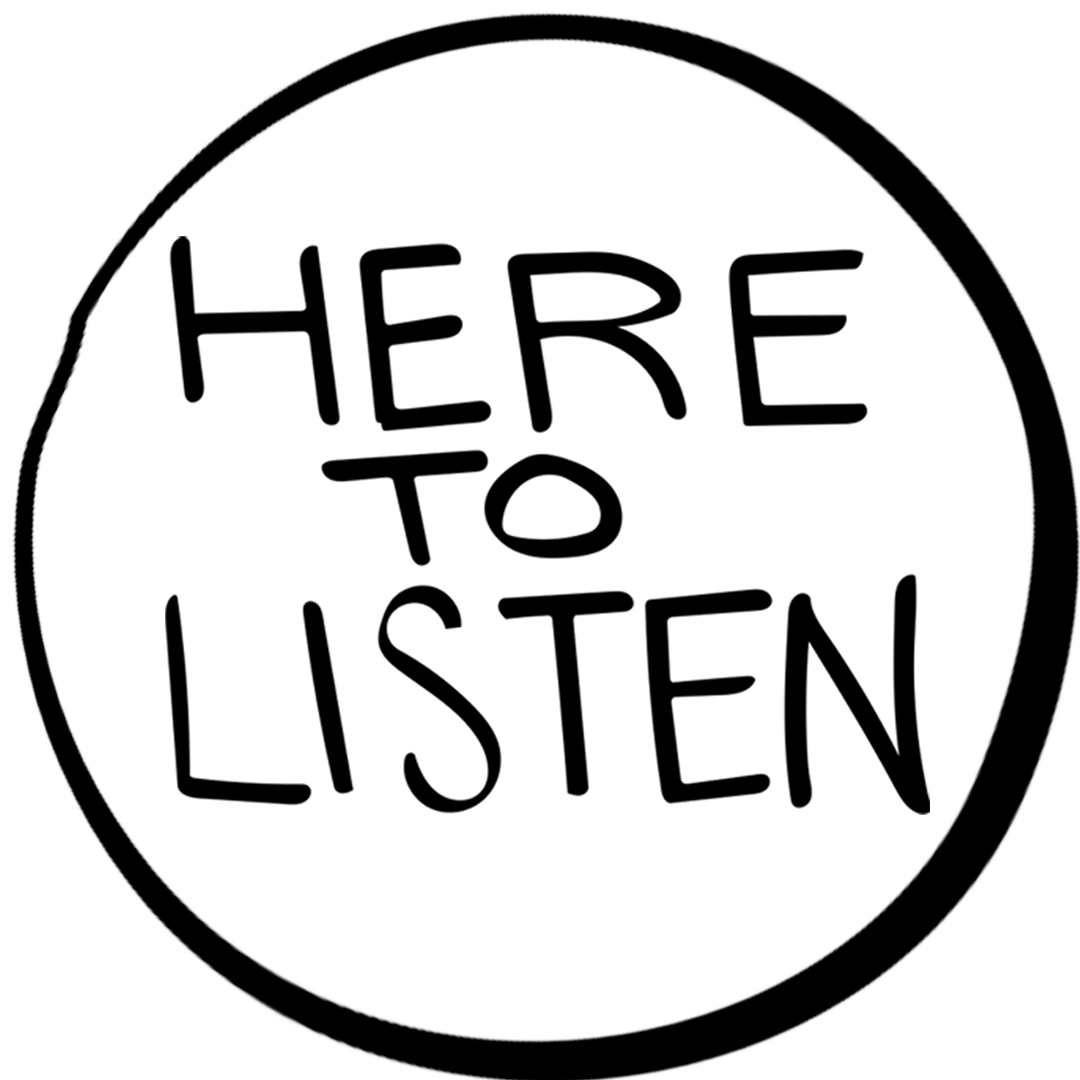Veteran’s Day Questions
20 Meaningful Questions to Ask Your Veteran Grandparents This Veterans Day
If you’ve got a veteran grandparent or family member, there are a handful stories you’ve heard a million times, and a million stories you’ve never heard because no one has thought to ask the right question.
Veterans Day gives us a chance to connect and learn more about their lives and experiences while they are still with us. Engaging in heartfelt conversations not only honors their service but also strengthens your relationship. Scientific research has shown that quality relationships can extend our lifespan, while loneliness can have a colossal negative impact on life expectancy.
If you don’t know what to ask. Here are 20 questions to pick one or two from.
1. Do you remember your first day at boot camp? What was it like?
2. What motivated you to join the military?
3. Did you have any daily sunrise or sunset traditions during your service?
4. Were you able to stay in contact with family and friends back home?
5. Did you drink a lot of coffee or smoke cigarettes while in the service?
Follow-up: Where were your favorite places to get them? I asked my grandfather which coffee machine on the ship (he was in the navy) he liked to use the most. This led him to a story about his first time getting sea sick, which were two stories I’d never heard.
6. Who was someone in command that you admired, and why?
7. Was there someone in command you found challenging to work with?
Follow-up: How did you navigate that relationship?
8. Do you remember your first day back home after your service ended?
9. Were any members of your unit present at your wedding?
10. Did you form close friendships during your service that you lost contact with afterward?
Follow-up: Have you ever tried to reconnect with them?
11. What was your favorite place that you were stationed or visited and why?
12. How did you and your fellow service members spend your free time?
13. Did you receive any special training or learn new skills during your service that became useful after your life in the military?
14. What was a typical day like for you while you were deployed?
15. What was the lighting like where you were? Was it ever extremely dark, or was it always usually bright, or somewhere in between?
16. How did your military experience shape your perspective on life?
17. How many uniforms did you have, and how often were they washed?
18. What’s one story from your service that you can look back on and laugh any time you think about it?
19. Did you have any mentors or role models during your service?
20. Is there anything about your service you'd like future generations to know or remember?
Follow-up: How can we best honor and support veterans today?
Navigating Political Differences with Respect
Many young democrats have republican grandparents who might not see eye to eye. Some people that I know let that get in the way of their relationship.
If you have different views on the election, this can be a meaningful time to find connection and to engage in open and respectful dialogue. Here are some questions to facilitate understanding:
1. Do you think that people with different political views can ever get along?
Follow-up: There are a lot of people cutting off friendships because they found out someone they knew voted for Trump. What do you think someone who feels like they can’t trust someone that would vote for a rapist needs to understand about the decision to vote for them for president?
This is a conversation I had with my grandfather the other day. I didn’t call him out for voting for Trump, but I did what he would say to people who felt like they couldn’t see him the same anymore. It led to a wonderful conversation that was only marginally about politics and more about human connection.
2. Do you think your military service has affected the way you think about politics?
3. What are your thoughts on the importance of open dialogue between people who disagree politically?
Taking the time to ask these thoughtful questions can deepen your connection with your grandparents and provide valuable insights into their lives. By understanding their experiences and perspectives, you not only honor their service but also strengthen the bonds that contribute to a longer, happier life for both of you.
Remember, meaningful conversations are a gift—to you, your grandparents, and future generations who will cherish these stories.

